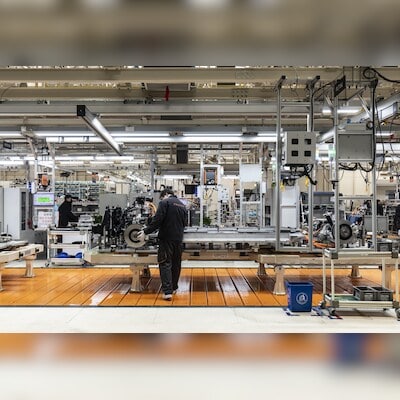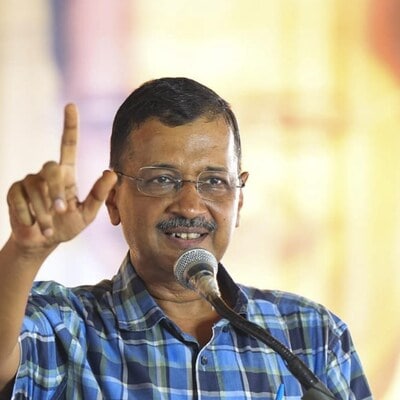Talks between the European Commission and Beijing are expected to continue up to the final hour. Martin Lukas, the European Commission’s director of trade defence, revealed during a recent hearing that Chinese companies have made multiple offers to set minimum prices for EV imports. However, despite some progress, significant challenges remain.
These ongoing negotiations are part of China’s broader efforts to block the tariffs, as the Chinese government has long been concerned about overcapacity in its EV industry. According to Lukas, China has an excess of 3 million battery-electric vehicles (BEVs) that cannot be absorbed by the domestic market. This excess is nearly double the EU’s annual consumption, further emphasising the need for exports.
Contents
Beijing’s strategic efforts to counter EU tariff threat
Beijing has employed various strategies to influence EU member states. This includes retaliatory threats on European products like brandy, dairy, and pork—industries with strong lobbies in the EU. Earlier this month, 800 farmers in France protested in fear of the repercussions the tariffs could have on French brandy exports.
Meanwhile, Spain, the largest exporter of pork products to China, reversed its support for the tariffs after being promised significant investments in high-tech sectors, such as hydrogen power, SCMP said. However, despite China’s efforts, it is unlikely to stop the tariffs from passing. The EU requires a blocking majority of 15 member states representing 65 per cent of the bloc’s population to prevent the tariffs, a scenario that has never occurred in EU trade measures.
What are the expected outcomes of the EU vote?
The report said that EU officials are confident they have enough support to approve the tariffs. Member states like France, Italy, the Netherlands, and Poland have remained steadfast in their backing. While countries such as Germany and Spain have publicly expressed reservations, the overall consensus among EU members seems to favour imposing the duties.
Even if an agreement were reached between China and the EU, the European Commission would likely insist on a “snapback” clause. This clause would allow the tariffs to be reinstated quickly if Chinese companies do not comply with any negotiated terms.
EU investigation into China’s EV exports
In July this year, the EU imposed additional tariffs of up to 37.6 per cent on EVs imported from China. This decision was made despite warnings from Beijing that such action could escalate into a trade war.
According to the European Commission, the tariffs were introduced in response to “unfair” state subsidies provided by China to its EV industry. However, the tariffs are currently provisional, with a four-month window for continued negotiations between the EU and China.
The European Commission launched an investigation last year to determine whether Chinese subsidies were undermining European car manufacturers. Following this period, the Commission may recommend permanent duties that could last for five years. The 27-member EU bloc would then vote on the proposal.
These new tariffs increased the duty from 10 per cent amid growing trade tensions between the EU and China, particularly over green technologies.
The provisional tariffs, ranging between 17.4 and 37.6 per cent, aim to curb what Commission President Ursula von der Leyen described as a potential influx of cheap EVs benefiting from state subsidies. The move was designed to protect the European market from being overwhelmed by low-cost imports.
What will be the global implications if the tariff is implemented?
If the EU proceeds with the tariffs, they will take effect in November and remain in place for five years. The tariffs would be in addition to the existing 10 per cent duty on Chinese EV imports. The European Commission has rejected China’s proposals to resolve the issue and insists that any agreement must comply with World Trade Organization (WTO) rules, the report added.
The EU’s move mirrors actions taken by other countries, with the United States already imposing 100 per cent tariffs on Chinese EVs and Canada considering similar measures. The EU is also looking to strengthen its green technology sector, which has been a point of contention in its trade relations with China.
First Published: Oct 01 2024 | 4:06 PM IST













Leave a Reply